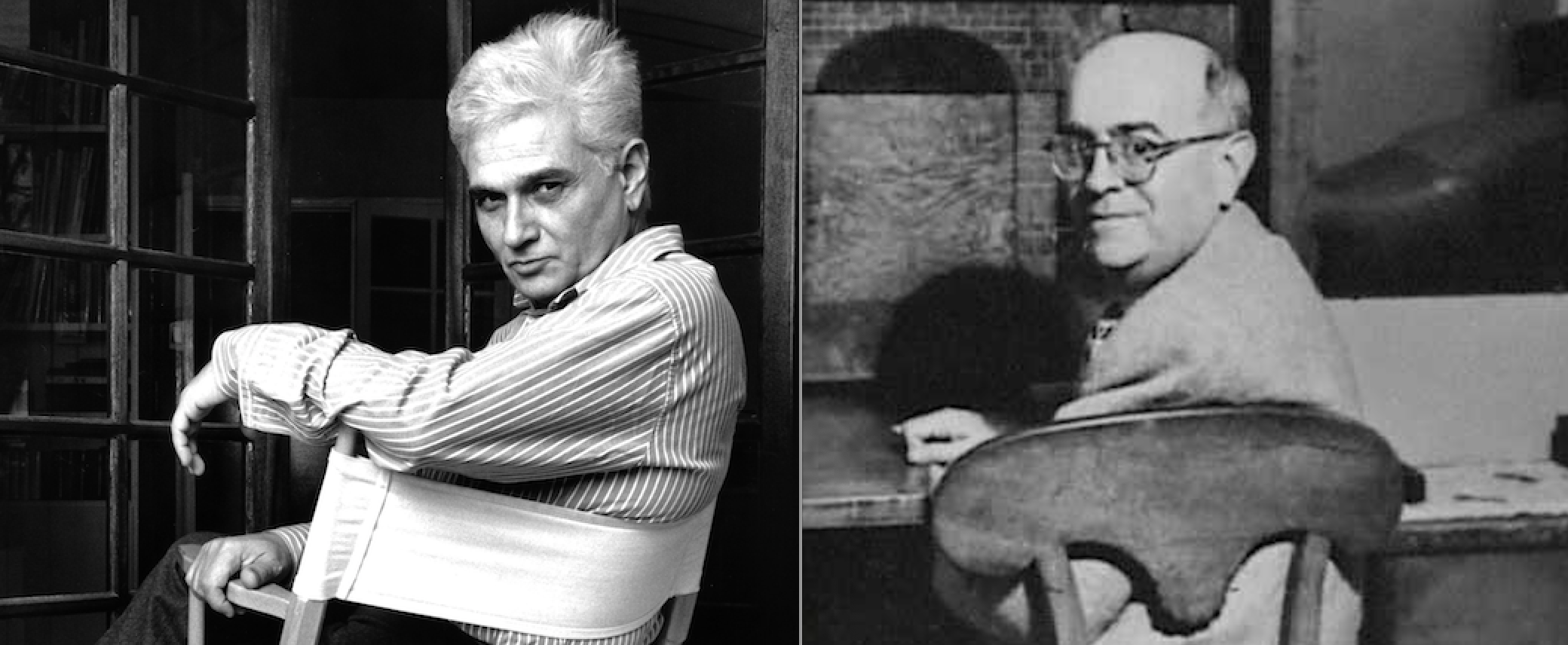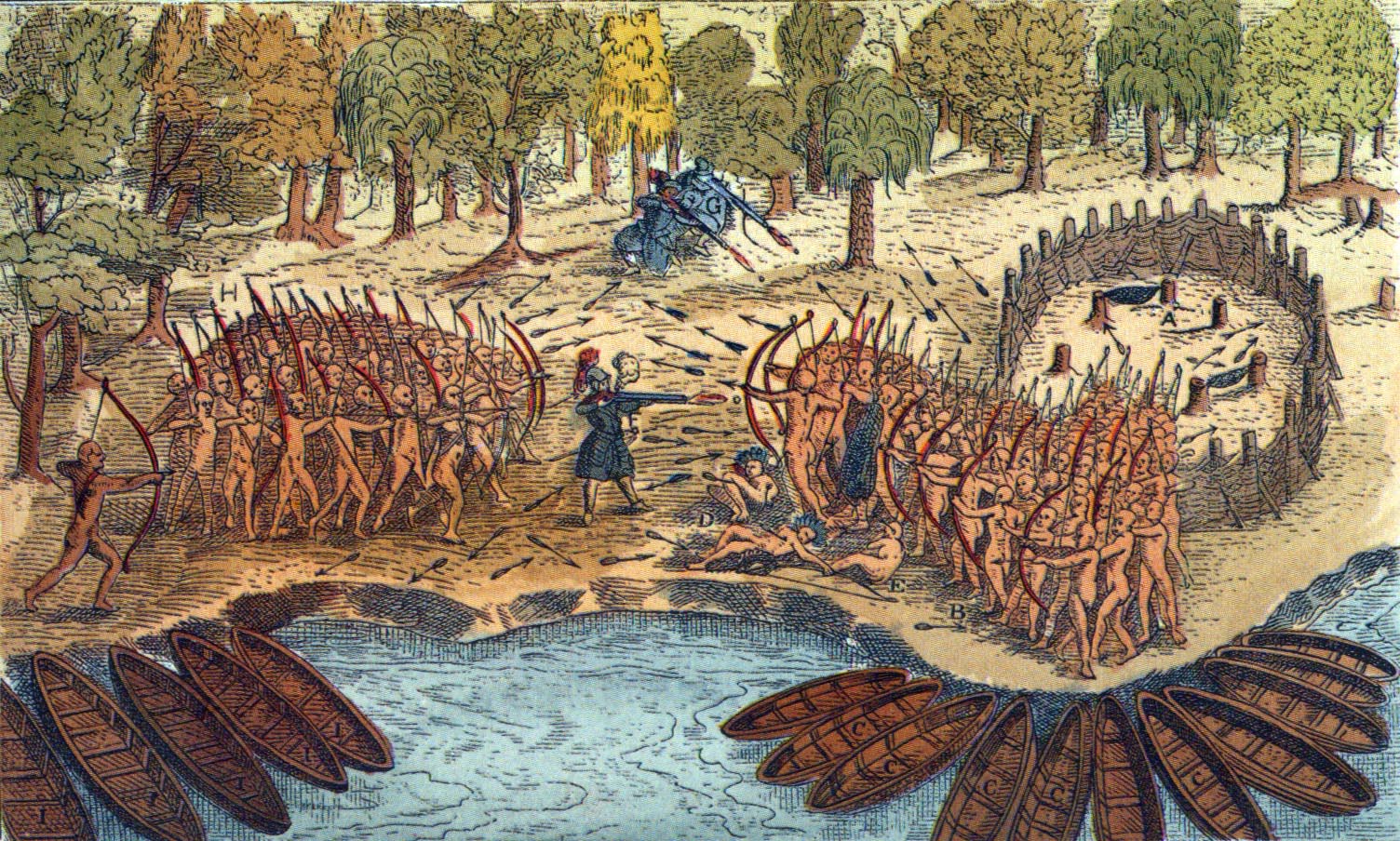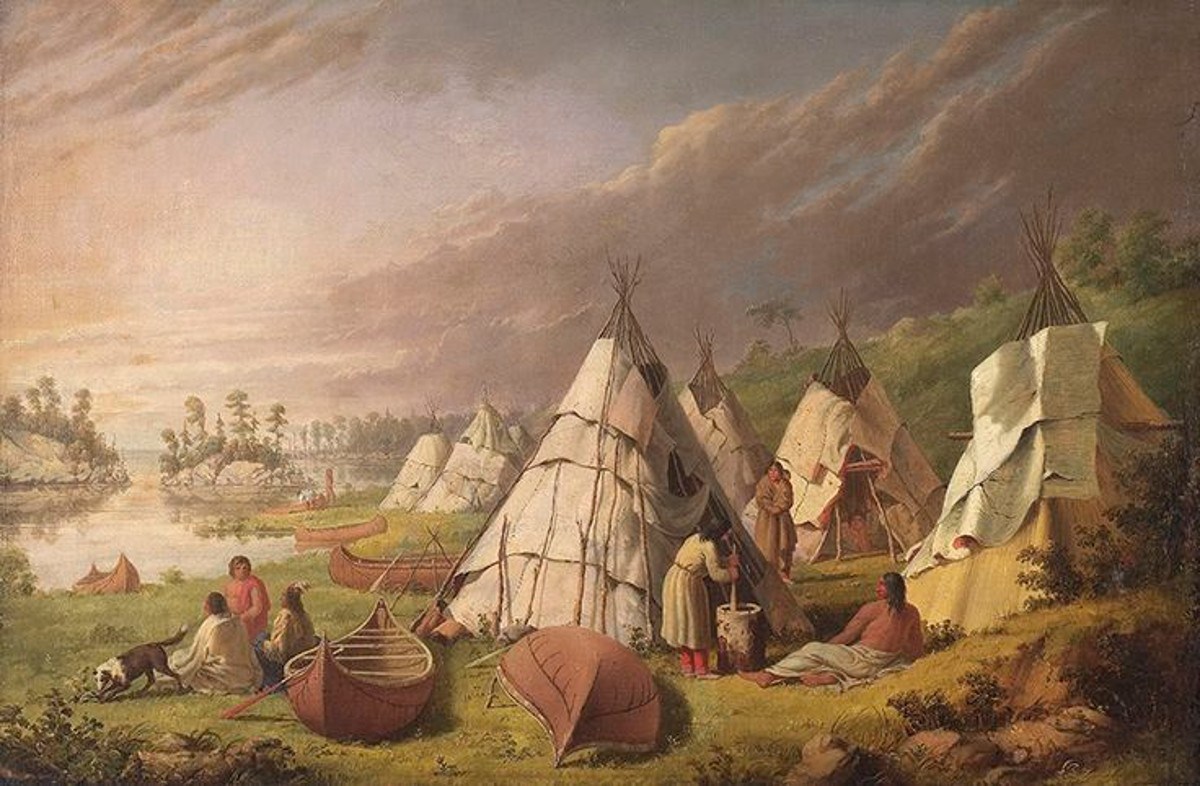- 2.2
–Set alongside the philosophers he most resembles, Derrida stands out as more universalist, and not less so. This obviously flies in the face of that wisdom which takes it for granted that any Parisian alive in 1968 must have been an anti-universalist, even though May’s most famous chant began with the words Nous sommes tous…. You might, in other words, have filed Derrida away as just one more member of the anti-universalist band, and yet his commitment to the general and all-inclusive is easily established. What we’ll want to see now is not only that the ascension of writing to the place of “all language” is de-particularizing, hence a reorientation towards the universal, but also that this procedure is typical of deconstruction, which is perhaps most succinctly thought of as a machine for abolishing distinctions. Writing exists in deconstruction both as particular (as writing-writing) and as universal (as écriture), but commands our admiration almost only in that second, less accustomed role, the priority accorded which licenses deconstruction’s rather striking inattention to intermediate categories.
It is the drive to de-particularize that we encounter, for instance, in a 1980 essay of Derrida’s called “The Law of Genre,” which argues like so: I won’t recognize a novel as a novel unless the book somehow or other announces itself as such. The most obvious way for this to happen is for someone just to stick the word “novel” on the title page, as European publishers often do. But this boundary-word, in the front matter, on the edge of the fiction proper, is not itself part of the novel. The scrap of language that establishes the fiction’s identity is an add-on, not a part of the fiction’s unity, and so already a contamination or a breaking of the text’s membrane. A thing is not itself where it names itself. Identity, which we might have thought of as that property most intrinsic to a thing, is established only at the thing’s borders, as a crack in that very identity. It should be said: This argument, as presented by Derrida, is not entirely convincing and would at the very least require more elaboration than he is willing to give. What about, say, superhero movies? Do they only become superhero movies once they have announced themselves as such, via a supplement? What if I stumble upon one while channel-surfing and recognize its genre? I suppose I might think “Oh, it’s a superhero movie”—or some semi-verbal version thereof. Is that then the addendum that negates the superhero movie qua superhero movie? But Derrida’s argument, even if not wholly persuasive, is enough to account for the thorough-going indifference to genre on display in his writings on literature. Derrida finds a lot of interesting things to say about Kafka without caring that he wrote Erzählungen or tales and without wondering what makes these different from “short stories” or about why so many German speakers have gone in for them. He can hold forth for ninety minutes on Joyce’s Ulysses without even bothering to point out that the text in question is a peculiar kind of novel; indeed, he pauses only long enough to suggest that it’s not really a novel, or that it’s a not-novel.[i] The reading protocols of deconstruction are designed to establish that individual words—and individual phrases and in some cases individual texts—are each in some direct and undifferentiated way “writing”; Derridean reading returns each formerly particularized lyric or fable back to the flux of écriture. “I shall not say this drama, this epic, this novel, this novella or this récit, certainly not this récit.”[ii]
So much for intermediate categories. But individua, in deconstruction, don’t fare any better. The doctrine of the death of the author that Derrida shares with Roland Barthes is meant to block one of the lazier ways in which readers try to house writing under the rubric of the individual. Some of his later lectures and interviews do, it’s true, speak of “singularity,” but he says almost nothing about this latter, except to proclaim that we have an impossible obligation to think it. Deconstruction, this is to say, provides no method for bringing the mind up close to singularities while spending thousands of pages spelling out its preferred versions of universalism. Here is one place, in fact, where the distinction between Adorno and Derrida is especially clear, since negative dialectics puts itself forward as just such a method, as a chase after the differentiae. A first pass over Adorno’s arguments could make it sound like he’s talking about differance in an almost Derridean sense. I name an object and its singularity slips away from me, since whatever concept I bring to bear upon it names its commonalties with other objects and not its unrepeatability. So I rouse myself and try again, determined to do something more than call the object by name, attempting a finer description. But this doesn’t help, because the language I summon to this end—the idiom I devise for this x’s grain and distinguishing nuance—is no less abstract than the crudely categorizing name I wanted to go beyond. I am noting nuances, perhaps, but shareable ones. The words I bring to bear on the differentiae install new genera, which produce new differentiae, and ever onwards, unsolvably. That Adornian ever-onwards is a close cousin to differance, though it also one of Zeno’s paradoxes, recast as defeatist epistemology. What’s different about Adorno is that he thinks he has worked out a way to halt this process, to interrupt differance, not by enhancing language such that it succeeds, but precisely by forcing it to fail and then scanning for the object amidst this verbal ruin and inadequacy, glimpsing the unthought x in the rubble of its abandoned descriptions.
That’s not Derrida’s way. Notionally, it should be easy to talk about deconstruction’s universalism, which was never all that hidden. There’s this: “The secondarity that it seemed possible to ascribe to writing alone affects all signifieds in general.” And also this: “Writing is not a sign of a sign, except if one says it of all signs, which would be more profoundly true.” Of one important claim in Of Grammatology (an argument concerning “the obliteration of the proper”), Derrida pauses to note: “This proposition is universal in essence and can be produced a priori.”[iii] One could go on. But deconstruction has been annexed for so long to a generically anti-universalist (or anti-humanist or anti-totalizing) program that we will have to work hard to hear the globalizing claims that come attached to nearly all of deconstruction’s keywords.
That list starts with “differance,” which is precisely not difference, but difference bracketed and rendered elusive, a barred and unachievable nominalism, handing the never really singular term back to the motion of universal écriture. Next comes the term “archécriture,” for which Derrida himself offers the term “generalized writing” as synonym and gloss.[iv] The concept of “dissemination,” meanwhile, ends up turning universalism into a reading method, setting out from the simple fact that books travel unpredictably. You publish a book and don’t know where it is going to end up, and you don’t know how future readers are going to read it, which is to say how they are going to construe it. You can’t guess the purposes to which any patch of language might someday be put, even when that language is (or was) in some sense your own—something you wrote. What’s more, books, especially after print and all the more so after industrialized print, come in very many copies, so readings will proliferate unpredictably as copies and readers multiply.
We’ll understand deconstruction better if we can see now that it takes this argument from the annals of book history, still more or less Gutenbergian, and redoes it in philosophical and utopian form, asking us to bear in mind how any given instance of language might function in places other than here and times other than now, and asking equally that we read with an orientation towards the future. Step one is to look again at whatever sentence or paragraph is now in front of you and think about how it might mean otherwise—what kind of interpretations it might yet bear other than the one that you intuitively gravitate towards. Derrida is sometimes misread as arguing that meaning is entirely free-floating, that any sentence can be made to mean pretty much anything at all, that the sentence reading “The right of the people to be secure in their persons shall not be violated” could, by force of will, be taken to mean “California forecasters are warning against a shortage of clementines this holiday season.” But this isn’t, in fact, how Derrideans read. The task is, rather, to flush out the determinate ambiguities of any particular text—multiple readings, for sure, but each of them defensible by the ordinary protocols of philology and literary criticism. Over-ingenuity isn’t quite the problem that deconstruction’s adversaries have taken it to be. But to this observation we have to append one important asterisk: I can begin listing the various interpretations that a given sentence might reasonably bear in the present, and I might adduce a few readings that depend on a word’s etymology, and so carry the freight of the verbal past. But I can’t know about future meanings, for the simple reason that I can’t predict how the language will have changed some many generations from now and how, in particular, it will have changed around this sentence. The words now in front of me might eventually carry meanings—or, more likely, associations—that I have no way of guessing. This is what Derrideans mean when they say that the full set of meanings is always deferred or when they suggest that we in the present should defer unassumingly to future readers, that we should not insist on the rightness of our renderings and the preemptive falseness of theirs. Not only will the future read differently; we will arrive at that future, and its future will read differently. The moment will never come when all the meanings are gathered.[v] The project of deconstruction, then, is to generate in the present some of those potential readings, to centuplicate constructions beyond the commonsensical, in order to loosen the grip of the past and its settled understandings, to reach out to multiple readers, handing the text over to the future and setting its language back in motion. Deconstructive reading, then, is pitched against the interpretation offered by any particular reader in any particular location at any particular point in time. This is scripto-universalism in practice—reading that has turned its broad-spectrum antennae towards what Derrida calls the “non-localizable voice.”[vi]
But then perhaps this isn’t yet to say much, since a person could reasonably object that when the conversation turns to philosophy, abstract and globalizing claims aren’t much of a distinguishing mark. Some readers, it’s true, are going to find it illuminating to hear that deconstruction is negative dialectics with the universalism put back in, and yet it is only in highly specialized contexts that a philosopher’s universalism will invite special comment. One might reasonably wonder, then, whether there is anything distinctive about the way in which deconstruction upholds universals, something that sets Derrida apart not only from Adorno, but also from the Kantians and the Thomists. Two observations drift into view.
[i] For Derrida on Kafka, see “Before the Law” (1982), in Acts of Literature, edited by Derek Attridge (London: Routledge, 1992), pp. 181-220. On Joyce, see “Ulysses Gramophone” (1984) in the same volume, pp. 253 – 309, quotation at p. 74.
[ii] Derrida, “The Law of Genre,” in Acts of Literature, pp. 221 – 252, quotation at p. 231.
[iii] Derrida, Of Grammatology, p. 7, 43, 108.
[iv] See the lecture on “Differance” (1968), in Margins of Philosophy, translated by Alan Bass, (Chicago: University of Chicago, 1982), pp. 1-28. For “generalized writing,” see Of Grammatology, p. 55.
[v] Sartre, Existentialism: “Nor can I be sure that comrades-in-arms will take up my work after my death and carry it to the maximum perfection, seeing that those men are free agents and will freely decide, tomorrow, what humanity is then to be.”
[vi] Points, p. 135.
The image of the melting Art Forum is a sculpture by Francesca Pastine.










